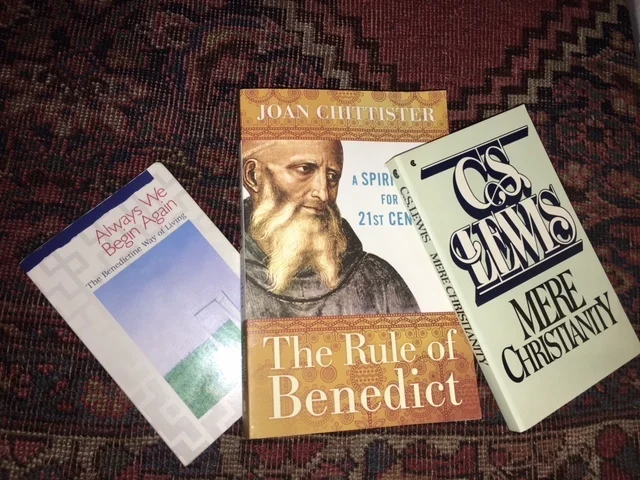Humility
“Do not imagine that if you meet a really humble man he will be what most people call ‘humble’ nowadays: he will not be a sort of greasy, smarmy person, who is always telling you that, of course, he is nobody. Probably all you will think about him is that he seemed a cheerful, intelligent chap who took a real interest in what you said to him.”
-C.S. Lewis, Mere Christianity, inwardoutward.org, Daily Quote, October 2, 2018.
. Frederick Buechner in Beyond Words (pp. 161-162) also talks about humility as not thinking ill of ourselves but simply not thinking that we are more important than others. We are not more significant or less essential than our neighbor in God’s eyes. This definition of humility does not devalue ourselves but values ourselves and others on a same plane. The humble person is genuinely interested in others and their wellbeing because he or she also has a strong sense of self and does not need accolades from others to survive.
John McQuiston II in Always We Begin Again, his modernization of the Rule of Benedict describes Benedict’s twelve stages of humility. (pp. 39-45). If we are to follow the Rule and to have humility we are to realize the sacredness of each moment, to know that being guided only of our own self-will can lead us astray, to accept our limitations, to be patient, not to hide our faults, to be content, not to judge, not to be joyful over the problems, disappointments, and losses of others, and to speak gently and briefly.
Three writers from different ages keep telling us that humility is important in our life in community as well as in our own individual life development.
This understanding of humility is different from the trait that has often been described to us.
Joanna joannaseibert.com


